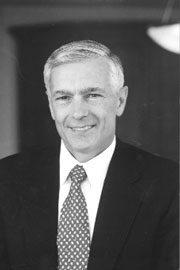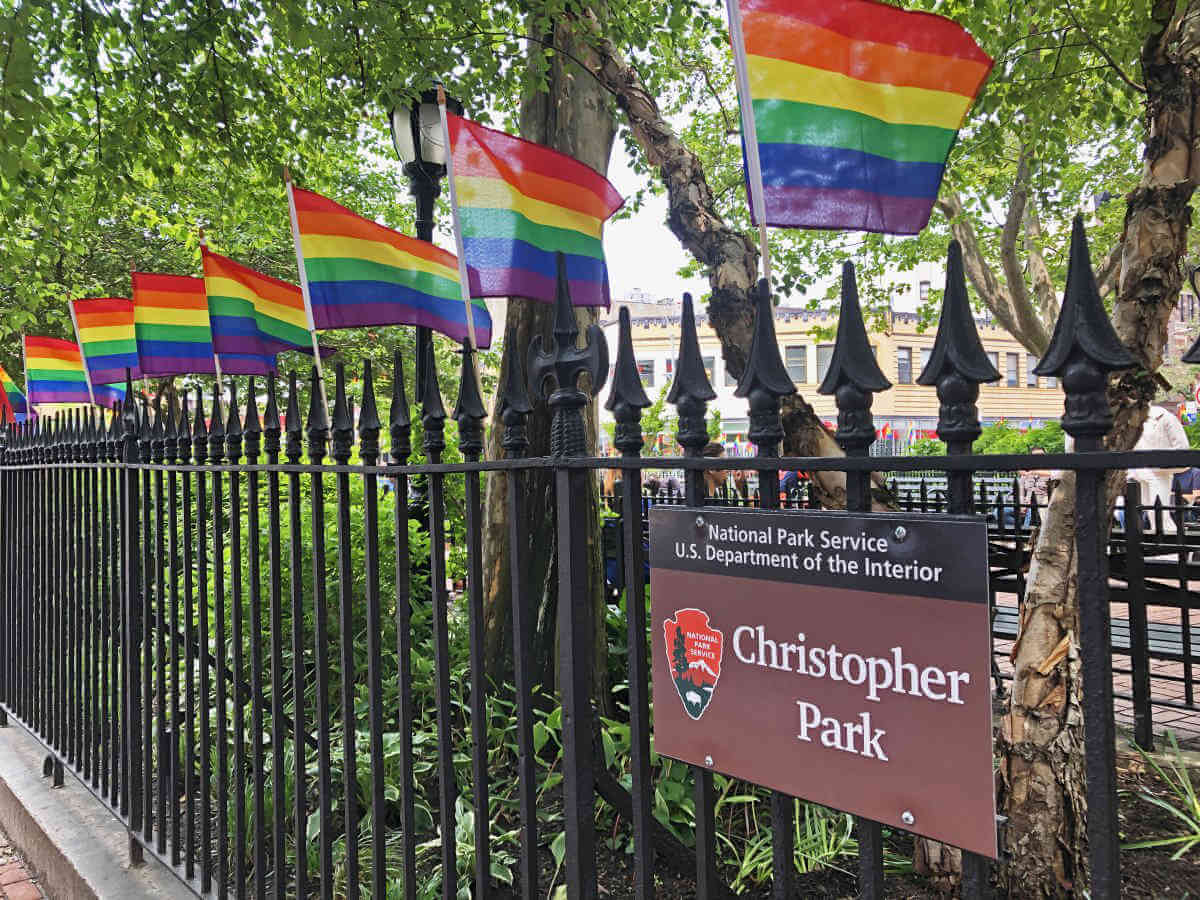By Ed Gold
If, as appears imminent, General Wesley Clark, the nice-guy, much-be-medalled war hero, business consultant, TV commentator and Rhodes scholar, decides to enter the Democratic Party presidential primary free-for-all, he will have to be less polite than he was at New York University’s Kimmel Center two weeks ago.
When late in the program he talked about current issues of national concern, he struck a thoughtful and progressive note. But he spent a large part of the evening talking about his activities in the Serbian conflict over Kosovo, mainly because he was led there by his lone interviewer.
The event was jointly sponsored by the Oxonian Society, something like an alumni association for Oxford University; and N.Y.U.’s Wagner Graduate School for Public Service. The general’s questioner, the head of the Oxonians, Joe Pascal, appeared to favor a history lesson, and led Clark into the NATO thicket in Bosnia, Serbia and Kosovo. Clark, then Supreme Allied Commander of NATO, stayed with the subject for almost half the program, explaining events in great detail, particularly his showdown with Slobodon Milosevic, the then-president and dictator of Serbia, who is now in the dock in The Hague for war crimes.
Clark showed his versatility by doing several amusing imitations of a blustering, arrogant Milosevic, which tickled the audience of about 150, with Oxonian and Wagner splitting the invitations.
But he didn’t get to the current political problems facing the American electorate until late in the program. (One other problem was that he had been seated on a low chair in an ungraded meeting room so only those in the first rows could see him).
He drew laughter several times during the evening, but only got applause a few times; once when he suggested the Bush administration should have sought U.N. support much earlier on Iraq, and again when he finally announced he was a Democrat, after having been coy on the issue for months.
He made no personal attacks during the talk, and interestingly, only praised two persons enthusiastically: General John Shalikashvili, chairperson of the Joint Chiefs of Staff in the mid-’90s, who had been Clark’s military boss; and Bill Clinton, whom he’s known for many years. He said he had once asked a young Clinton whether he might run for public office and Clinton replied: “I might.”
He cited Clinton for “terrific charisma,” intellectual “brilliance” and “outstanding” national leadership.
He struck several themes near the end of his comments. One was fervent support for the right of privacy and his outspoken dislike of the Patriot Act, which gives the attorney general a range of invasive powers in the name of national security.
Clark also took a mainstream Democratic Party position in supporting equal treatment under the law for all Americans regardless of race, religion, ethnicity — or sexual orientation.
Another theme, possibly more wishful than realistic, was his hope that the two-party system could function in an atmosphere of mutual respect without the hate generated by extreme partisanship.
He minced no words on Iraq: “We are spending $100 billion there and we don’t know what we’re doing.” But he made clear that since we are there we have to stay the course.
He mentioned, but did not elaborate, on a host of other issues such as the environment, healthcare, education, taxes and the budget, having used up so much time on Milosevic.
But he won over the audience with a straight-forward manner, showed both confidence and modesty, superior intelligence and a formidable sense of humor; and an ability to speak in sentences that parse, something we’ve missed at the White House these past three years.
When he finished, he received an enthusiastic standing ovation.
Meanwhile, “Draft Clark” supporters lined the street in front of Kimmel, handing out leaflets and Clark buttons.
Clark has danced for months around this draft movement, which claims on its Web site 400 Clark clubs throughout the nation and current campaign pledges of close to $1 million.
Clark said he was very flattered by the effort and would not criticize it. He had not yet made a decision, he said, but recognized the need to do so soon. He said he would like to be an important player in determining public policy but didn’t know whether the turmoil required in the struggle for the Democratic nomination was the right venue for him. There is little question that he wants to be president, but a big question is whether he’s willing to fight for it.
In one of his few personal references, he noted that his family had been forced to move 33 times during his military career. Whenever we had to move, he said, “our hobby was how to get all the pictures up in one evening.”
In his lecture circuit he has chosen four subjects that all have a presidential ring: “War and the Media,” “The Information Age” — shades of Al Gore? — “International Economics” and “U.S. Security in the Millennium.”
If national security is the hot issue for 2004, Clark, a four-star general, has extraordinary credentials. He was first in his graduating class at West Point, received a Purple Heart in Vietnam, as well as the Presidential Medal of Freedom, the nation’s highest civilian award.
But the Bush team, stressing national security, should also look at the fact that he has received:
Five Distinguished Service Medals;
Four Legion of Merit Badges;
Three major European honors (Britain, France, Holland);
Two Bronze Medals
If he decides to run, we’re in for a wild political year.
Stay tuned.







































